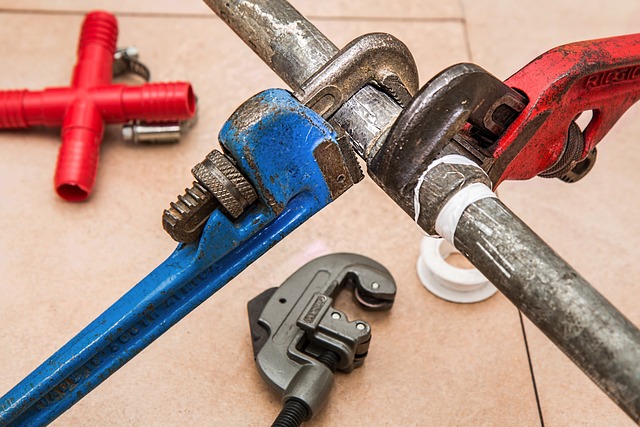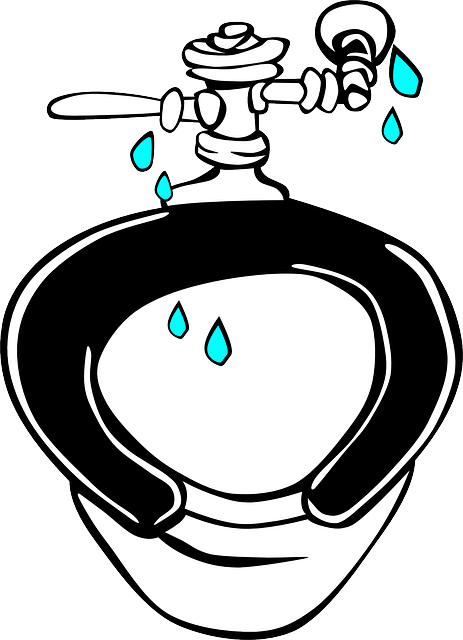Plumbers play a critical role in ensuring the safety and quality of your home's water supply by installing and maintaining water treatment systems that protect against contaminants and enhance water potability. These systems, which include filters for specific impurities like lead and sediment, activated carbon filters to improve taste, and water softeners to combat hard water, are tailored based on a comprehensive analysis of your water source and adherence to local regulations. Plumbers assess the water's properties, advise on the best treatment solutions, and ensure that these systems meet individual consumer requirements for peak performance and safety. Trusting a professional plumber to diagnose and address your water quality concerns is essential, as they can provide personalized solutions to keep your household's drinking water clean and safe.
When it comes to safeguarding your home’s water supply, plumbers are at the forefront of ensuring clean, safe, and quality water for households. This article serves as a comprehensive guide to understanding and selecting the right water treatment systems, including filters and softeners. We delve into evaluating water quality, exploring various treatment options, and providing maintenance tips as recommended by professional plumbers. From the role of activated carbon filters to cost-effective solutions and advanced technologies like reverse osmosis, our expert plumbing insights will help you make informed decisions for your home’s water needs. Join us as we navigate through essential considerations for effective water treatment systems, ensuring your family’s health and the environmental impact are taken into account.
- Understanding Water Treatment Systems: The Plumber's Guide to Filters and Softeners
- Evaluating Your Water Quality: When to Consider a Water Treatment System with the Help of a Plumber
Understanding Water Treatment Systems: The Plumber's Guide to Filters and Softeners

When it comes to ensuring that a household’s water is safe and clean, plumbers play a pivotal role in assessing and installing appropriate water treatment systems. These systems are crucial for removing contaminants, improving taste and odor, and extending the lifespan of appliances and fixtures. Plumbers must familiarize themselves with various filters and softeners, understanding their functions and applications to provide the best solutions for their clients’ needs.
Water treatment begins with a comprehensive analysis of the water supply, identifying potential issues like hardness minerals, sediment, chlorine, lead, and other harmful substances. Filters are designed to target specific contaminants. Activated carbon filters, for instance, excel at reducing organic compounds, chlorine, and improve drinking water’s taste. Sediment filters effectively remove particulates from the water, safeguarding against sand, rust, and silt. Meanwhile, water softeners are specifically engineered to address hard water issues by removing calcium and magnesium ions that cause scale buildup. These systems use ion exchange resins to replace the hardness minerals with softer ones like sodium or potassium, thus preventing mineral deposits in pipes and on fixtures, which can be costly to repair or replace. Plumbers should consider the water source, local regulations, and individual consumer requirements when advising on or installing these systems to ensure optimal performance and safety for the home’s water supply.
Evaluating Your Water Quality: When to Consider a Water Treatment System with the Help of a Plumber

When your household’s water quality is in question, consulting with a plumber can be an invaluable first step towards addressing potential issues and ensuring the safety and purity of your water supply. A plumber possesses the expertise to conduct a thorough assessment of your water, identifying contaminants or impurities that may be present, such as sediment, chlorine, lead, or even harmful pathogens. This evaluation is crucial in determining whether a water treatment system would be beneficial for your home. Based on the water’s characteristics and your specific needs, a plumber can recommend various treatment solutions tailored to your situation. For instance, if hard water is causing issues like limescale buildup or affecting the efficiency of appliances, a water softener might be the ideal solution. Alternatively, if the water contains high levels of contaminants, a filtration system designed to target those specific impurities could provide the necessary purification. By enlisting the assistance of a professional plumber, you can make an informed decision on the most appropriate treatment system for your home, ensuring that your family has access to clean, safe water at all times.
In conclusion, water treatment systems play a pivotal role in safeguarding your home’s supply against contaminants and ensuring optimal quality. Homeowners should consult with professional plumbers to assess their water needs and determine the most appropriate treatment system. Whether addressing filters that remove impurities or softeners that combat hard water, these systems offer tailored solutions for a healthier, better-tasting water experience. By understanding the essentials of water treatment and leveraging the expertise of plumbing professionals, you can make informed decisions to enhance your home’s water quality.
